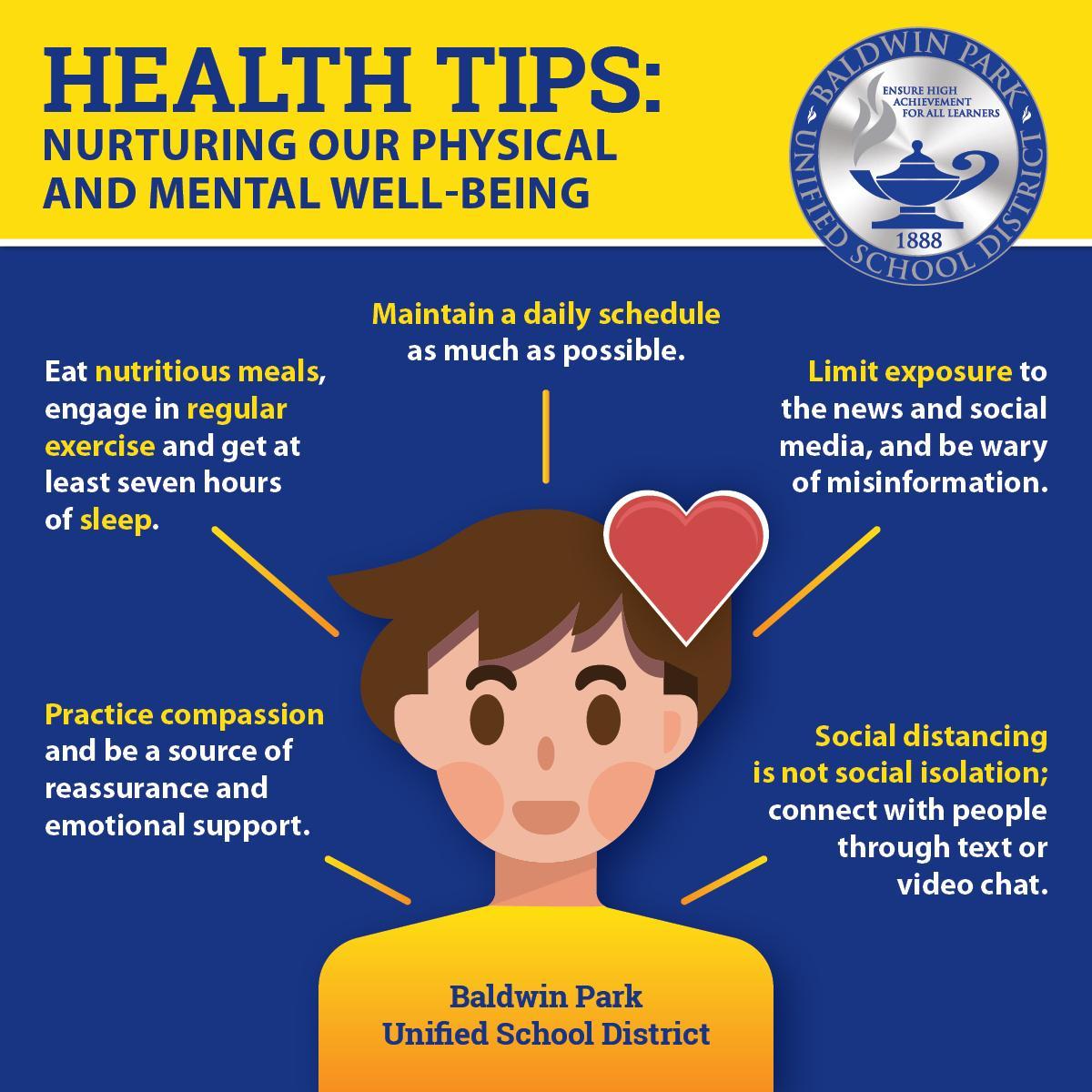With tips flooring options at the forefront, this exploration invites readers to discover how the right flooring can transform not just the aesthetics of a space, but its overall functionality and comfort. The variety of flooring materials available today offers something for every style preference and practical need, making it crucial to choose wisely.
From hardwood to laminate, and from tile to carpet, each flooring option comes with its own distinct advantages and considerations. Understanding these options allows homeowners to make informed decisions that align with both their design vision and lifestyle requirements. This journey through the realm of flooring aims to equip you with insights that will lead to a beautiful and lasting flooring choice.
In recent years, sustainability has emerged as a critical paradigm in various sectors, including business, agriculture, and urban development. As we face pressing global challenges such as climate change, resource depletion, and social inequality, adopting sustainable practices has become vital for ensuring a healthy planet and a prosperous future. This article seeks to explore the multifaceted nature of sustainability, its significance in contemporary society, and actionable steps that individuals and organizations can take to contribute to a more sustainable world.

Defining Sustainability
Sustainability can be defined as the ability to meet present needs without compromising the ability of future generations to meet their own needs. This concept encompasses three core pillars: environmental, economic, and social sustainability. Environmental sustainability focuses on the preservation of natural resources and ecosystems, economic sustainability emphasizes the importance of financial viability and equitable growth, and social sustainability aims to foster social equity, cultural diversity, and community engagement.
The Role of Businesses in Promoting Sustainability
Businesses play a pivotal role in driving sustainability initiatives. The traditional model of profit maximization often neglects environmental and social concerns; however, a growing number of companies recognize that sustainable practices can lead to long-term success and resilience. By integrating sustainability into their corporate strategies, organizations can reduce operational risks, enhance their brand reputation, and attract a loyal customer base.
For instance, companies can adopt sustainable sourcing practices by selecting suppliers who prioritize environmentally friendly processes and fair labor conditions. Moreover, energy-efficient technologies can be implemented to reduce carbon footprints, while waste management strategies can minimize environmental impact. The shift towards sustainable business models not only benefits the planet but also offers economic advantages, such as cost savings and access to new markets.
Individual Contributions to Sustainability
While businesses play a significant role, individual actions are equally vital in promoting sustainability. Each person’s lifestyle choices can have a profound impact on the environment. Simple actions such as reducing energy consumption, minimizing waste, and supporting local economies can collectively lead to substantial change.

For example, individuals can reduce their carbon footprints by opting for public transportation, carpooling, or using bicycles instead of personal vehicles. Additionally, adopting a plant-based diet can significantly decrease the demand for resource-intensive animal agriculture. Furthermore, reducing, reusing, and recycling materials can contribute to waste reduction and resource conservation.
Education and Awareness
Education and awareness are crucial in fostering a culture of sustainability. Schools, universities, and community organizations can play a significant role in educating individuals about sustainable practices and their importance. By integrating sustainability into curricula and offering workshops or seminars, institutions can empower individuals to make informed decisions that benefit both society and the environment.
Moreover, awareness campaigns can help bridge the gap between knowledge and action. For instance, public information campaigns that highlight the benefits of sustainable living can inspire communities to adopt eco-friendly habits. Social media platforms can also be leveraged to share information and resources, creating a global movement towards sustainability.
Innovations in Sustainability
Innovation plays a critical role in advancing sustainability. Technological advancements have the potential to revolutionize how we approach environmental challenges. Renewable energy sources, such as solar, wind, and hydroelectric power, are becoming increasingly viable alternatives to fossil fuels. These technologies not only reduce greenhouse gas emissions but also create jobs and stimulate economic growth.
Moreover, innovations in waste management, such as composting and zero-waste initiatives, can significantly reduce landfill reliance. The rise of the circular economy—a model that emphasizes resource reuse and recycling—also presents opportunities for businesses and individuals to minimize waste while maximizing utility.
Government Policies and Global Cooperation
Government policies play a pivotal role in facilitating sustainability efforts. Policymakers can create regulations and incentives that encourage businesses and individuals to adopt sustainable practices. For example, tax breaks for renewable energy investments or stricter emissions standards can drive significant changes in industry practices.
Furthermore, global cooperation is essential in addressing sustainability issues that transcend national borders. International agreements, such as the Paris Agreement, aim to unite countries in efforts to combat climate change and promote sustainable development. Collaborative initiatives can lead to shared knowledge, resources, and strategies, ultimately enhancing the global capacity to address environmental challenges.
The Future of Sustainability
As we look to the future, it is imperative to recognize that sustainability is not merely a trend but a necessity. The impacts of climate change, biodiversity loss, and social inequality will continue to challenge future generations unless we take decisive action today. By embracing sustainable practices at all levels of society—individual, corporate, and governmental—we can create a more equitable and resilient world.

In conclusion, the importance of sustainable practices in modern society cannot be overstated. By redefining our relationship with the environment and prioritizing social equity, we can pave the way for a sustainable future that benefits all. It is incumbent upon each of us to play our part, whether through personal lifestyle changes, support for sustainable businesses, or advocacy for effective policies.

Together, we can build a world that is not only sustainable but also thriving for future generations.
Essential FAQs
What are the most durable flooring options?
Hardwood, laminate, and tile are often regarded as the most durable flooring options, suitable for high-traffic areas.
How do I maintain different types of flooring?
Regular cleaning, using appropriate products, and following manufacturer guidelines will help maintain the quality of your flooring.
Is carpet a good choice for homes with pets?
While carpets can be cozy, they may require more maintenance with pets; stain-resistant options are advisable.
What flooring is best for basements?
Vinyl and tile are excellent choices for basements due to their resistance to moisture and ease of cleaning.
Can I install flooring myself?
Many flooring types, such as laminate and vinyl, are designed for easy installation and can be done by DIY enthusiasts with the right tools.













